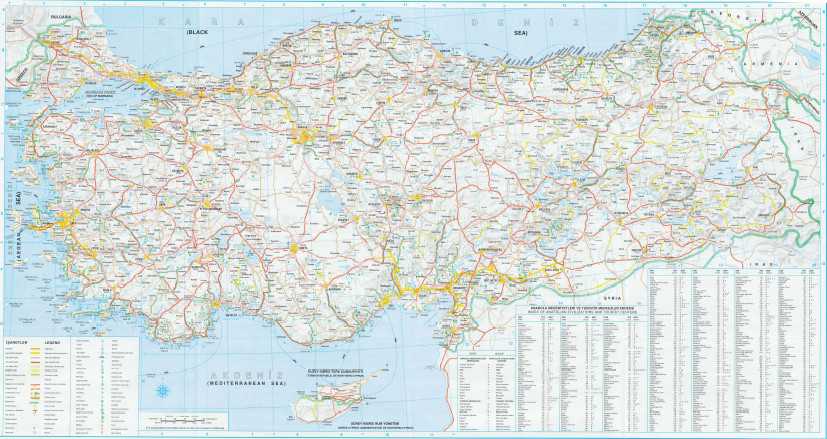The leader of Malaysia’s resurgent opposition has declared that he will take power on September 16
The Malaysian government has tried its utmost to keep Anwar Ibrahim, the leader of Malaysia’s resurgent opposition, from power ever since he fell out of favour a decade ago.
In the late 1990s, Anwar looked set to take over from Mahathir Mohamad, who guided Malaysia over 22 years to economic success. But mentor and protege had a bitter falling out over Malaysia’s response to the Asian economic crisis in July 1997.
Mahathir favoured currency and foreign investment controls. Anwar, who was then deputy prime minister and finance minister, implemented an austerity programme that slashed government spending and deferred infrastructure projects dear to Mahathir.
The rift became irreparable, when Anwar — named by Newsweek as man of the year in 1998 — went on a campaign against corruption and cronyism that rankled many of the elite, including Mahathir’s son, Mirzan who had myriad business dealings.
In 1998, Anwar was accused of sodomising his wife’s driver, convicted in 2000 and sentenced to nine years in prison amid widespread international protests. Anwar remains grateful to the British prime minister, Gordon Brown, among others who pleaded his cause and in 2004 Malaysia’s supreme court overturned the verdict, although corruption charges against him stood. He was released later that year but was barred from standing for office until April this year.
Following his release, Anwar held teaching posts at Oxford University and Georgetown University in Washington and pursued his campaign against corruption through his post as honorary president of AccountAbility, a London thinktank advocating better corporate governance.
In his capacity as a campaigner against corruption, Anwar strongly criticised Britain’s decision to halt a major corruption investigation into BAE, Britain’s biggest arms company, in its dealings with Saudi Arabia. What signal did that send leaders in developing countries, he argued, as he submitted a letter to the Organisation for Economic Cooperation and Development that was scathing of the government’s decision.
Even as he spoke out against international corruption, Anwar was plotting a political comeback. In an interview early last year he said was getting round his ban on speaking at public forms by addressing the public at funerals and feasts. He made it clear that he was ready to challenge the Malaysian political elite that sacked and imprisoned him.
“I am committed to a reform agenda, I believe in a democratic process and a more accountable government,” he said then. “I can’t reasonably expect this to happen without political involvement. If I chose to submit, then I would give credence to the government and support their repressive measures.”
It was not just brave talk. First he helped the disparate opposition parties make huge inroads in parliamentary elections in March. The Barisan Nasional, a coalition of three racially based parties led by the United Malays National Organisation (Umno) that has dominated Malaysian politics since independence from Britain in 1957, saw its two-thirds majority evaporate. By contrast, the opposition parties saw their seats in the 222-member parliament jump to 82 from 19.
Anwar’s march back to power seemed unstoppable when he easily won a seat that he had previously held for 17 years. Out of the blue came new sodomy charges, when a 23-year-old aide, Saiful Bukhari Azlan, accused Anwar of sodomising him, a charge that a prison sentence of 20 years in Malaysia, even between consenting adults.
Despite the accusations, which he maintains are a transparent attempt to stop his political comeback, Anwar has raised the stakes by declaring that he will take power on September 16, Malaysian national day, by persuading enough government MPs to defect to the opposition. The government was rattled enough to send 50 MPs on a trip to Taiwan due to last more than a week to forestall such a move.
As the government goes into political contortions to keep Anwar at bay, the opposition leader says he can get the 30 MPs he needs to bring down the government. If — and it remains a big if as the ruling party will do all it can to cling on to power — Anwar finally gets to lead Malaysia, what will this multi-racial country look like?
Raja Petra Kamarudin, fellow at the Institute of Southeast Asian Studies, wrote on Malaysia Today, a website the Malaysian government is trying unsuccessfully to block: “Anwar has to balance the aims of the parties in his coalition, and we will see compromises being made. That is the reality in Malaysia. But I think a culture of dialogue will be developed under his watch and that will be a great achievement indeed. I think at least that can be accomplished by him.”
Like Turkey, another Muslim country with its interplay of democracy and Islam, Malaysia will be closely watched to see how it copes with forces for change. Anwar firmly rejects the notion that Malaysia’s “democratic deficit” has anything to with the fact that it is Muslim.
“The newly independent Muslim states were democracies,” Anwar said. “Indonesia had a free election in 1955 until it was hijacked by Sukarno. Iran had democratic elections only to be hijacked by the CIA, British intelligence and the oil companies. Seventy five to 80% of Muslims are familiar with the democratic process.”
Source: www.guardian.co.uk, September 10 2008

